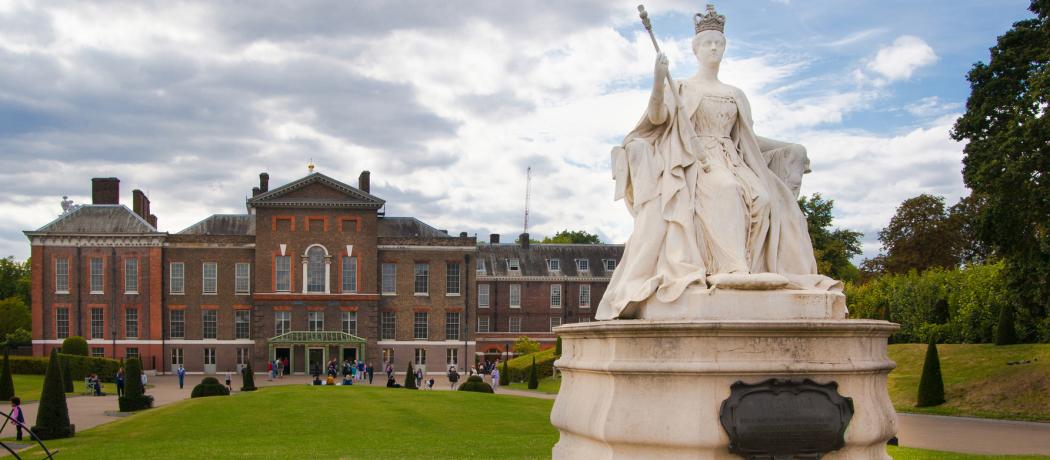A few days ago we celebrated Queen Victoria’s Birthday, though she was actually born on 24 May 1819. She was a reigning monarch for 63 years, 7 months, and 2 days. When the Queen died in 1901 Canada’s parliament officially named the second last Monday in May Queen Victoria Day. Over the years that day has been celebrated with picnics, parades, sporting events, fireworks, and cannon salutes.
Not this year. We are in the middle of a pandemic, caused by a virus. Our life is restricted by physical distancing regulations. Our heroic health care workers and our health-related institutions are strained to their limits. Our economic wellbeing is being threatened.
One hundred and seventy years ago Queen Victoria also came to know a pandemic. The Queen’s diary, dated 1854, contains a note about the Broad Street cholera outbreak in London, which claimed over 600 lives in a matter of days. That outbreak was part of a global cholera pandemic between 1832 and 1860. It was the third time that the disease ravaged London, claiming over 14 000 lives over the years. The Queen also mentioned meeting Florence Nightingale, who at that time was supervisor in a Middlesex nursing home with many cholera casualties.
The “miasma” theory was the prevailing idea about the source of the pandemic. Noxious particles in foul air were thought to be the carriers of the disease. An eccentric physician, Dr John Snow, had a different idea.
Dr Snow was already a famous figure through his pioneering work in anesthesia. The young doctor administered chloroform to the Queen when she gave birth to two of her children. He was skeptical about the miasma theory. With the help of Henry Whitehead, a local reverend, Dr Snow plotted a cluster map of the ill and dying people in the Soho area of London. He identified a water pump on Broad Street as the source of the outbreak. The doctor also noted that workers at a nearby brewery did not get sick: they drank water that had been boiled. On his insistence, the local authorities disabled the pump, but the government refused to accept Snow’s theory of a waterborne illness. At the time, London’s drinking water was taken from the Thames, where the city’s waste was poured. The idea that people were drinking and bathing in each other’s waste was not an acceptable notion to the public.
Dr Snow died in 1858, at age 45, a few days after he suffered a cerebrovascular accident. Eight years after his death the role of water in spreading cholera was accepted, but officials still denied Snow’s explanation that the water was contaminated by human waste products.
Another 17 years later, in 1883, German physician Robert Koch isolated Vibrio Cholerae, the “something” that Snow contended was in the water. Koch determined that cholera was not contagious from person to person, but that it spread through unsanitary water or food.
Today, scientists consider Snow to be the pioneer of public health research in the field of epidemiology.
—George Szasz, CM, MD
Suggested reading
CBC kids. Why do we celebrate Victoria Day? Accessed 20 May 2020. www.cbc.ca/kidscbc2/the-feed/why-do-we-celebrate-victoria-day.
Tuthill K. John Snow and the Broad Street pump: On the trail of an epidemic. Cricket 2003;31:23-31.
Wikipedia. John Snow. Accessed 20 May 2020. https://en.wikipedia.org/wiki/John_Snow#personal_life.
This post has not been peer reviewed by the BCMJ Editorial Board.

